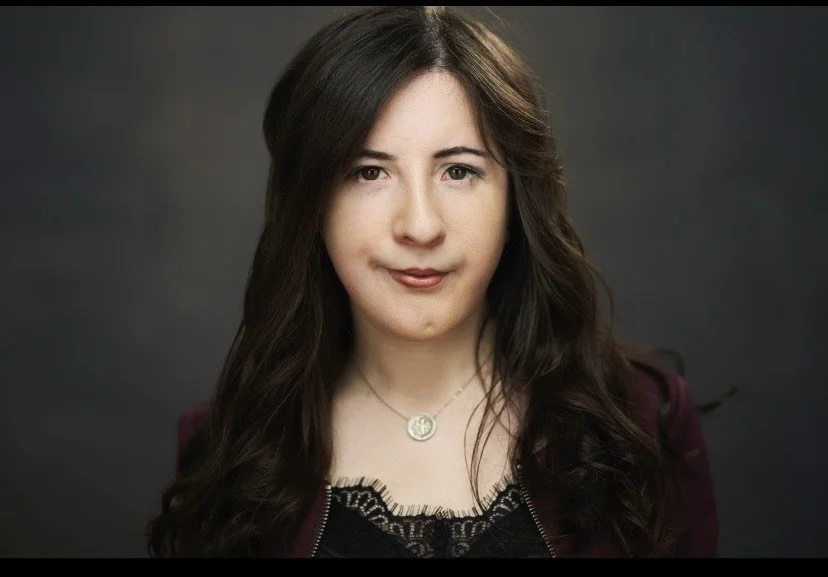About My Practice
In a city that moves fast and that demands a lot, therapy can offer something rare: space to slow down, room to speak freely, and the chance to look inward. I work with people to get curious about their inner lives—to feel better, and to understand themselves more deeply, so they can make freer, more intentional choices.
Rooted in a psychoanalytic approach, my work goes beyond symptom relief. It’s about tracing the emotional patterns that shape how you relate—to others, to work, to love, and to yourself. I help people find language for what’s been hard to name and feel. We will revisit what once may have felt unacceptable or overwhelming. Together, we will examine the rigid roles you’ve come to inhabit that can make you feel stuck and dissatisfied.
I believe in the transformative power of psychotherapy—its capacity to foster authenticity, agency, and the ability to build a life that feels both meaningful and truly your own.
Experience
I’m a licensed clinical psychologist who provides individual therapy for young adults and adults. I earned my doctorate in clinical psychology from Long Island University, CW Post. I completed my clinical internship at SUNY Upstate Medical University Hospital, and have extensive clinical experience at a range of outpatient and inpatient sites including The New York Psychoanalytic Institute and Mount Sinai Hospital.
I am also a Supervising Clinical Psychologist at Pratt Institute’s Counseling Center, where I provide individual psychotherapy to students and supervise doctoral-level trainees.
Alongside my clinical work, I am completing advanced training in Transference Focused Psychotherapy (TFP) through Columbia University Center for Psychoanalytic Training and Research, deepening my expertise in treating personality disorders.
Approach
My work focuses on treating personality disorders, complex trauma, life transitions, and issues around separation, individuation, and acculturation. I also work with individuals who identify as LGBTQ+, as well as those exploring questions around sex, gender, and religious identity—including people who have left or are questioning insular faith communities.
I primarily work from a psychoanalytic perspective, helping people not only find relief from symptoms but also foster deeper, lasting change. I offer a space where you can put words to feelings and experiences that may have once felt too overwhelming, confusing, or unacceptable to face. When helpful, I also draw on techniques from Dialectical Behavior Therapy (DBT) to support emotional regulation and behavioral change.

